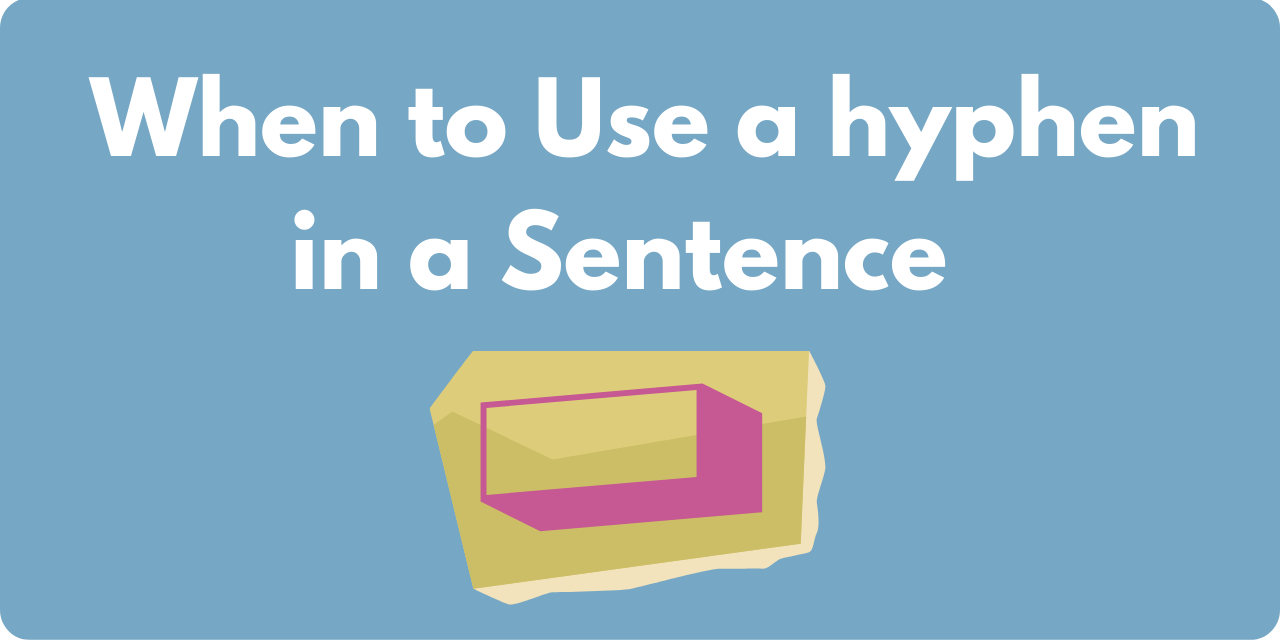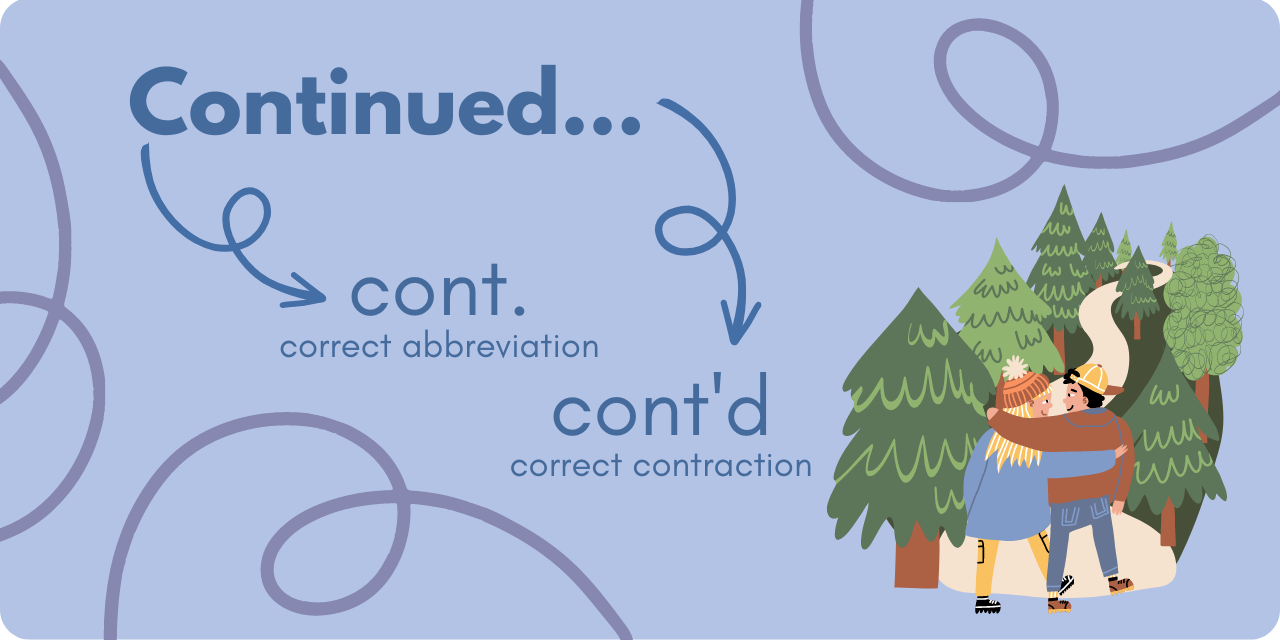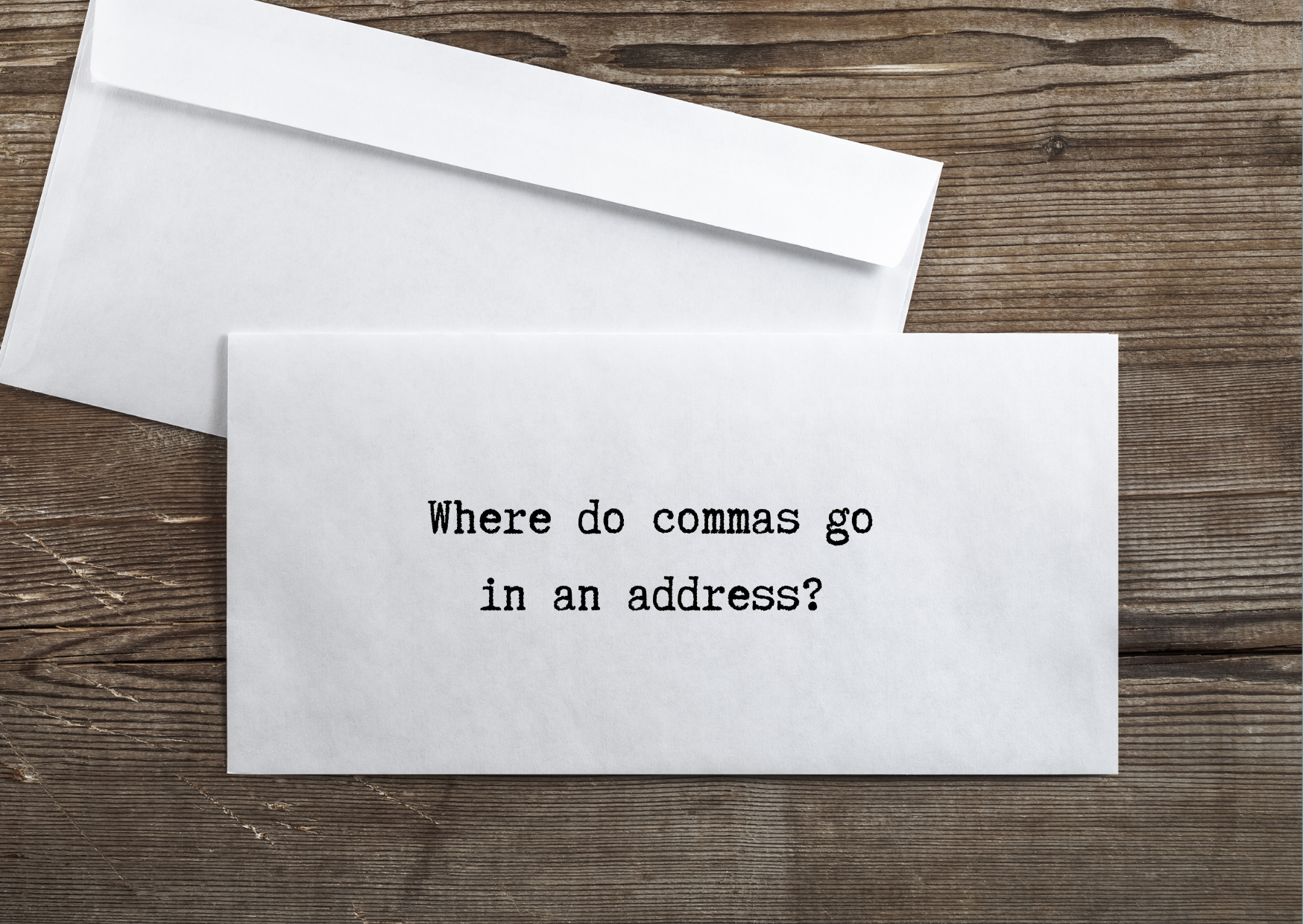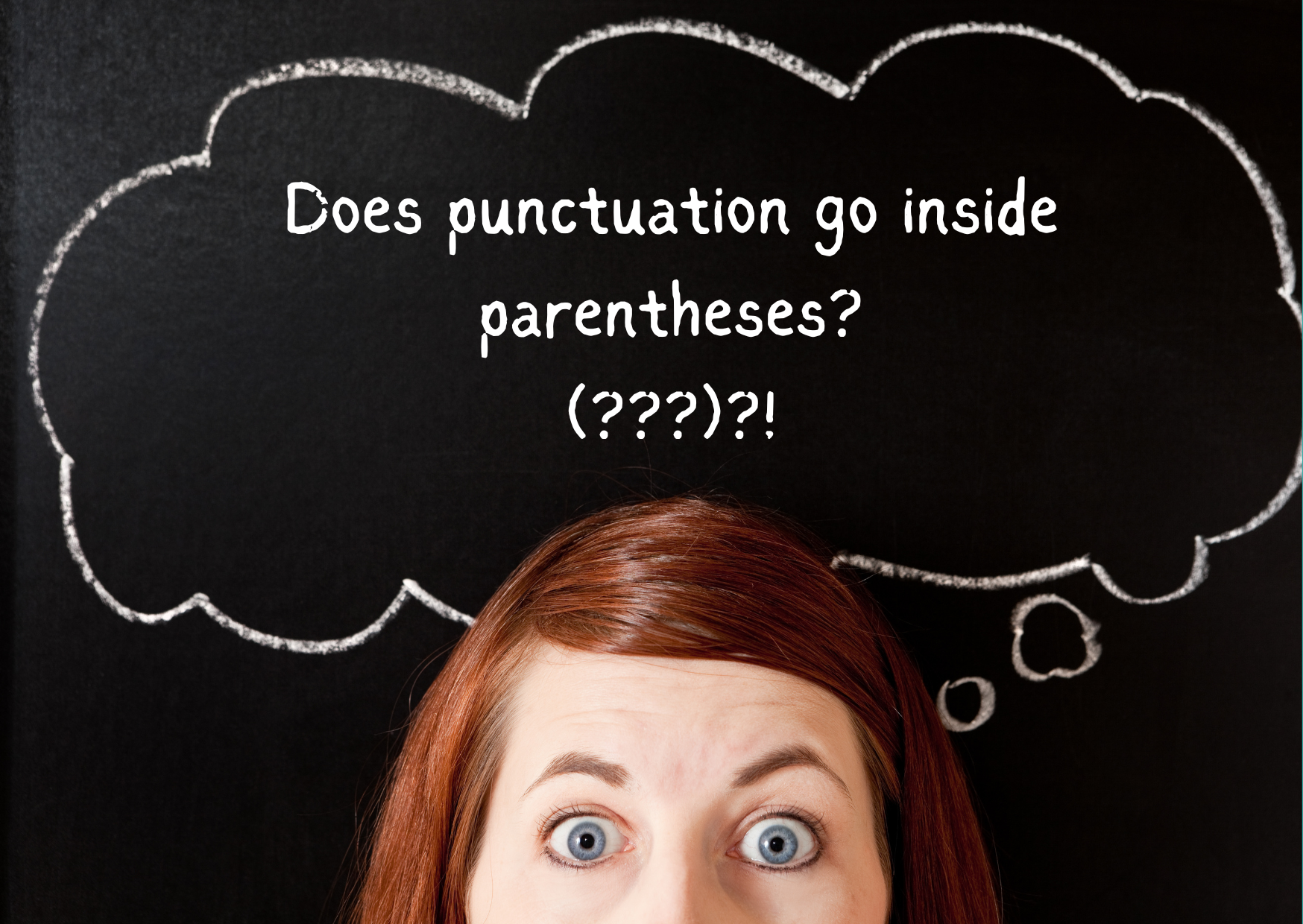Let’s answer the question: “do you put a comma before “because?” The short answer is when because connects two clauses in a sentence, you don’t need a comma. Because is a subordinating conjunction. It connects a subordinate clause with an independent clause. There should not be a comma between these two clauses. The only exception is if not having a comma would cause ambiguity.
Because is used to introduce a “clause of purpose.” It answers the question “Why?” It is subordinate to the independent clause. So you don’t need to put a comma between them.
Incorrect: Dean went to the store, because he was out of milk.
Correct: Dean went to the store because he was out of milk.
Incorrect: Jonah went to the doctor, because he was feeling sick.
Correct: Jonah went to the doctor because he was feeling sick.
Incorrect: I can’t play, because I haven’t finished my homework.
Correct: I can’t play because I haven’t finished my homework.
Commas for Clarity
If a sentence is confusing without a comma before because, then you should add one to avoid misleading your reader. The most confusing sentences with because are the ones that begin with a negative statement. For example:
Maria didn’t pass the class because of her study habits.
This sentence might be saying that Maria passed the class, but that her study habits were not the most important contributing factor. Maybe Maria is just exceptionally intelligent.
Maria didn’t pass the class because of her study habits. She passed because she is exceptionally intelligent.
Or perhaps Maria is a cheater and passed for completely different reasons.
Maria didn’t pass the class because of her study habits. She passed because she copied Laura’s answers.
Without a comma before because you can imply that there is no relationship between Maria’s passing and her study habits. However, if you meant to convey that Maria failed and that her poor study habits were the reason, you need to add a comma to make the causation clear.
Maria didn’t pass the class, because of her study habits.
The comma makes it clear that Maria did not pass and that she has poor study habits. This sentence may be followed by another sentence supporting this idea.
Maria didn’t pass the class, because of her study habits. Hopefully, she will learn her lesson and study harder next time.
Commas are powerful. So, place them carefully!
Related: Learn about placing commas before “too” with this article. And if general punctuation is your cup of tea, we have a whole section on just that here.
Want to sharpen your business writing skills? Discover our acclaimed online courses at syntaxtraining.com Whether you want to learn about taking taking meeting notes, become a master proofreader, master punctuation or tune-up your business writing skills, our courses are here to help you.






